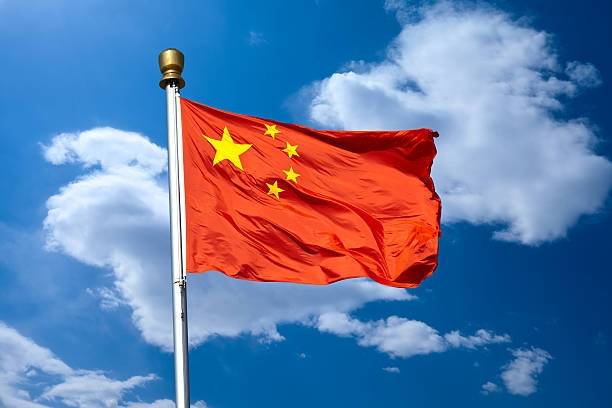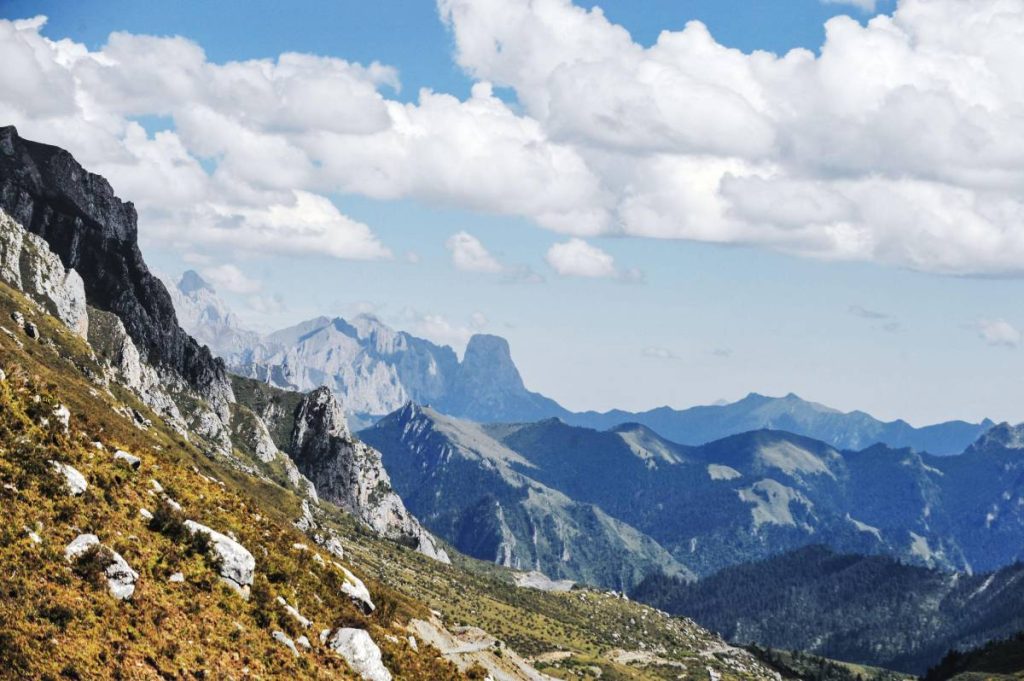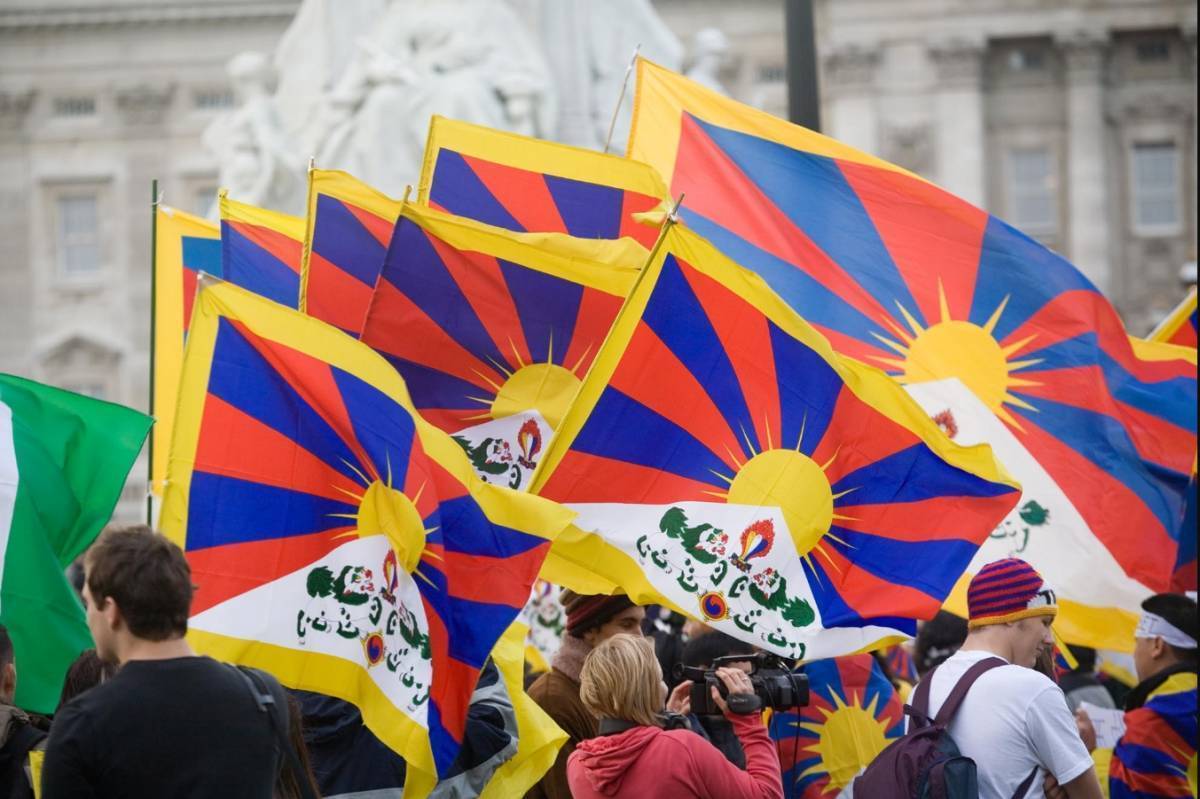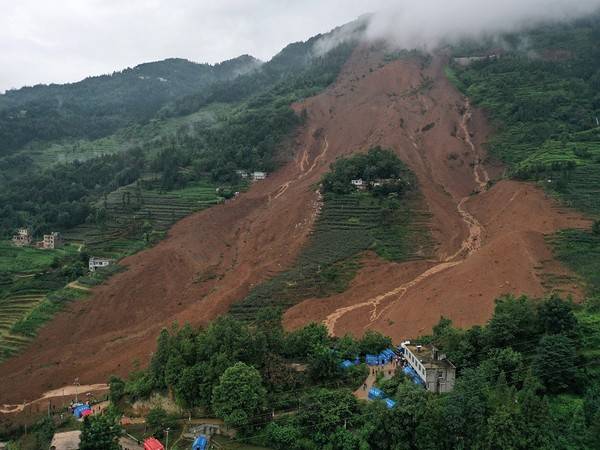The carbon footprint of China’s industrial activities, mining of lithium, and mining for nuclear minerals in Tibet has deeply affected the monsoon cycle in the region claims the article in the Providence Journal….reports Asian Lite News
The destruction of Tibet’s ecosystem by Chinese authorities is coming under scanner after the international community took notice of Beijing’s wanton destruction of Tibetan culture and identity.
While the wanton destruction of Tibetan culture and identity by the Chinese Communist Party (CCP) is a well-known fact, the destruction of Tibet’s ecosystem remains less known, according to Tibet Press.
Further, a US-based journal (Jianli Yang, Providence, 28 December 2021) has recently claimed that China is dumping toxic waste in Tibet and further that it does not provide adequate resources to the region to protect its ecosystem.
The carbon footprint of China’s industrial activities, mining of lithium, and mining for nuclear minerals in Tibet has deeply affected the monsoon cycle in the region claims the article in the Providence Journal.

Meanwhile, China has also repeatedly ignored the Montreal Protocol, which explicitly bans the use of hydrocarbons, according to the International Centre for Integrated Mountain Development.
Further, the excessive industrial mining has not only robbed Tibet of its natural resources but has also left the land barren and infertile, according to Tibet Press.
The negligence of Tibet’s ecosystems led overseas Tibetan communities to come together during COP26 held in Glasgow in the United Kingdom last November.
The Tibetan communities took the occasion to voice their concerns about Tibet’s fragile environment and its importance to the world.
Earlier, reports emerged of sudden mass death of fish in Lichu River in Minyak Lhagang, Dartsedo County in Karze Prefecture due to the release of contaminated waste from the mine, according to Tibet Press.
Further, hundreds of local Tibetans came out on the street to protest against Gangzhi Rongda Lithium Co Limited that had released mine waste into the Lichu River, a tributary of Nakchu/Yalong river, which merges with Yangtse river downstream. Downstream, precious yaks died from drinking the contaminated water.

Lichu river incident is not the only reported instance of environmental degradation in Tibet. Others include the open-pit Muli coal mine in Tsonub (Haixi) Mongol and Tibetan Autonomous Prefecture in Qinghai province, which spread a layer of black coal dust across the landscape, causing grassland degradation and the loss of permafrost.
Similarly, the Jiajika Lithium mine in Lhagang (Tagong) township, Kardze (Ganzi) Tibetan Autonomous Prefecture, Sichuan province, in the Kham region, twice (first in October 2013 and then in May 2016) leaked toxic chemicals into the local water supply, killing fish and local livestock. Thus, the Chinese are fully aware of the damage their policies cause to Tibet’s environment but are unwilling to do anything about it, according to Tibet Press.
Tibet is ruled by the Chinese Communist Party government based in Beijing, with local decision-making power concentrated in the hands of Chinese party officials.
Earlier, Tibet was a sovereign state before China’s invasion in 1950 when the People’s Liberation Army (PLA) entered Northern Tibet. (ANI)














